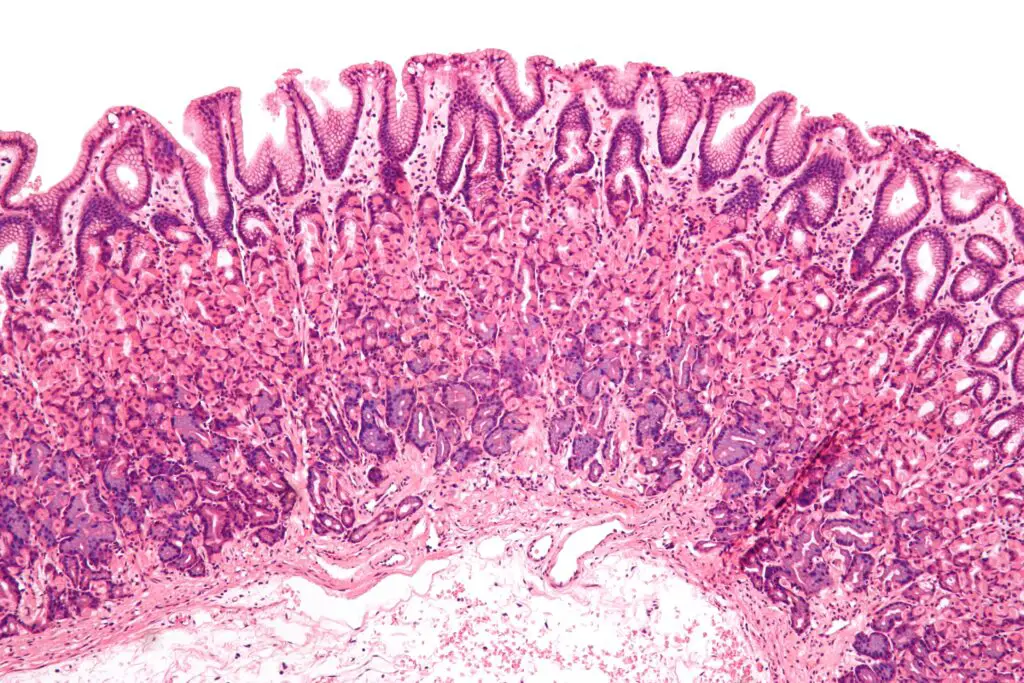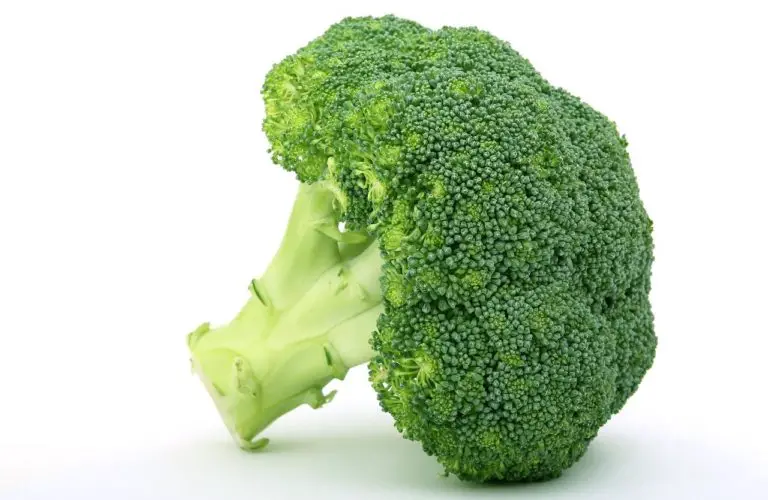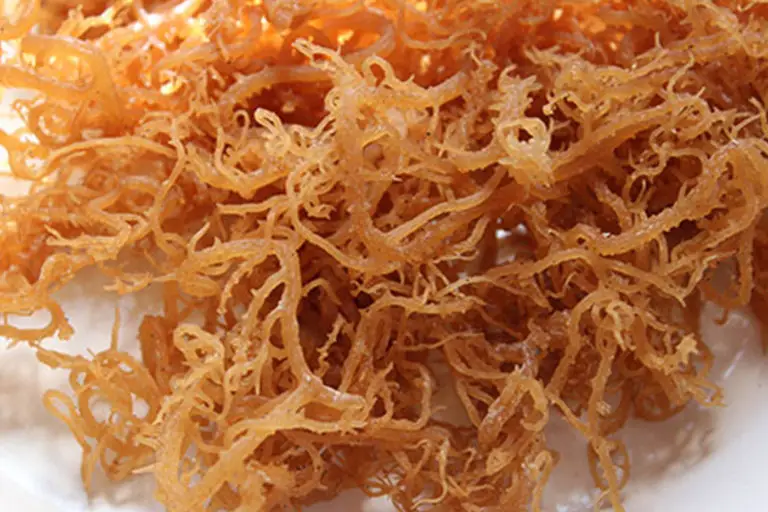Thick mucus and the mucous membrane
An excess of mucus is one of the core symptoms Dr. Sebi referred to when considering a patient’s condition, claiming that disease exists where the mucous membrane has been “compromised”.
To understand why he believed this to be the case we need to first uncover the role of mucus in the body as well as the mucous membrane that produces it.
What is mucus?
Mucus is in fact essential to healthy bodily function, it is therefore wrong to assume that by following Dr Sebi’s teachings we are somehow trying to eradicate it completely from our bodies.
Amongst other functions, mucus coats everything that we consume (including air and water) in order to trap and remove any toxins that may have entered the body.
Phlegm
Phlegm, also known as Sputum, is a type of mucus produced by the respiratory system, your body constantly produces phlegm and much like mucus in the other parts of the body, it is necessary for healthy function, protection and removal of toxins.
When you get sick it’s common to feel an excess of phlegm in your throat or to have a runny nose.
This is because mucus exposed to bacteria or allergens contains a chemical compound called histamine, this causes tissue in your nasal passage to swell, producing more and often thinner mucus to help escort the toxins out of your body.
The Mucous Membrane
The mucous membrane lines areas of the body and covers all internal organs, it is a natural part of our bodies and is made up of “one or more layers of epithelial cells overlying a layer of loose connective tissue”.
What does the membrane do?
One of the functions of the mucous membrane is to keep the tissue moist but it also plays a vital “role in absorbing and transforming nutrients”.

In addition, the mucous membrane protects the body in numerous ways, including from itself. For example, “the stomach is protected from stomach acid just as the bladder’s underlying tissue is protected from urine”.
Thick mucus
The problems with mucus arise when our healthy mucus changes consistency becoming thicker. This thicker mucus then clogs or encrusts the internal organs, notably the wall of the colon.
What causes thick mucus?
We get the thick mucus that Dr Sebi warned about when we consume too much toxic food or other substances that either contain toxins or breakdown in a toxic way inside the digestive tract.
Mucus and the Colon
The buildup of thick mucus on the colon wall not only provides a space for harmful microforms (mainly yeast, fungi and molds) to dwell, but fecal matter and other debris all stick to the thickened mucus over time clogging up the colon.
Symptoms of this include things like ulcers, gastritis and even heartburn.
But the worst is still to come…
Given enough time these microforms can actually find their way through the colon wall and into the bloodstream along with any fecal matter and toxins. Once in the blood, this nightmare concoction can then move freely throughout the body attacking cells and other organs.
This is likely one of the reasons Dr. Sebi stressed that the colon (part of the digestive tract) is one of the most important organs in the intracellular cleansing process.
Sources:
Young, R. O., & Young, S. R. (2010). The pH miracle: Balance your diet, reclaim your health. Wellness Central.
Mucous membrane. (2019). In Wikipedia. https://en.wikipedia.org/wiki/Mucous_membrane







